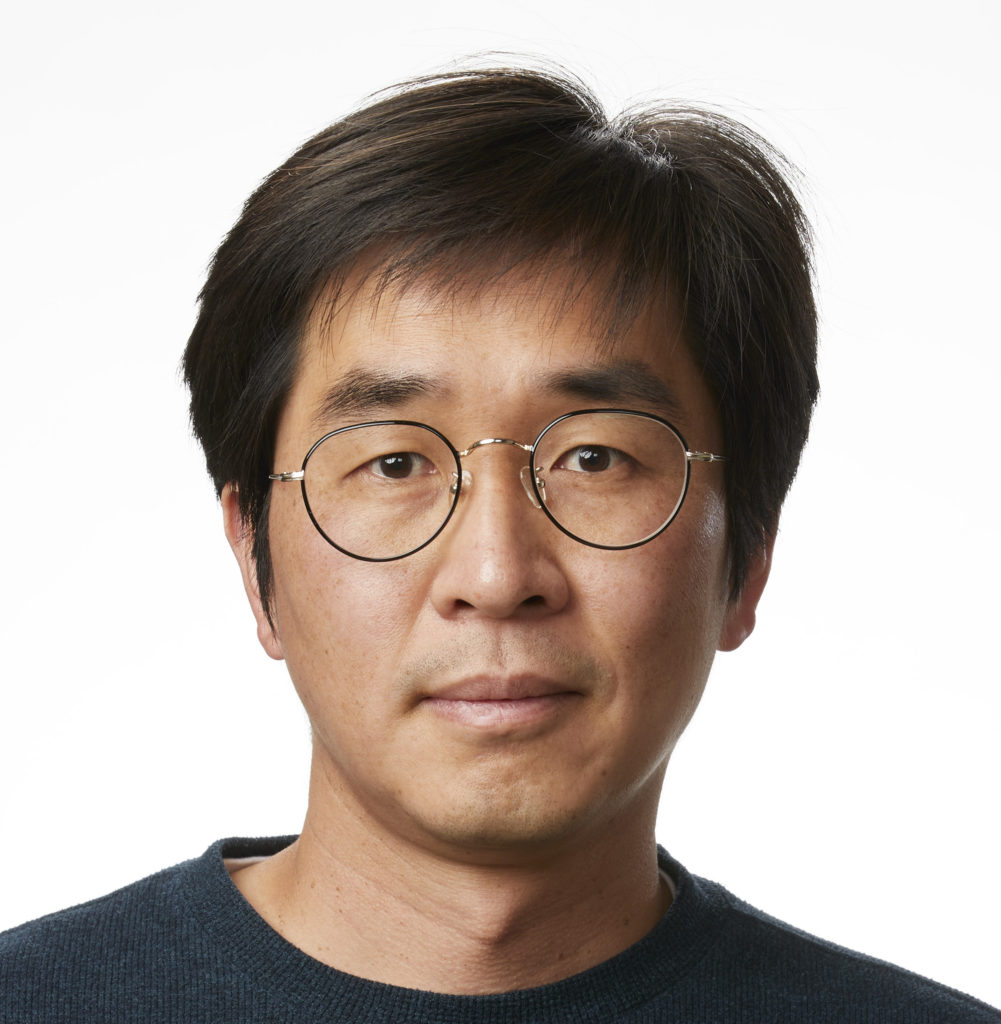
- This event has passed.
Seminar Series: Dr. Youngsoo Choi
October 20, 2025 @ 2:00 pm – 3:00 pm

Dr. Youngsoo Choi is a staff scientist at LLNL’s Center for Applied Scientific Computing, where he develops efficient foundation models for computational science. His research focuses on creating surrogates and reduced-order models to accelerate time-critical simulations in areas such as inverse problems, design optimization, and uncertainty quantification. He has pioneered advanced ROM techniques, including machine learning-based nonlinear manifolds, space-time ROMs, component-wise ROM optimization, and latent space dynamics identification, and currently leads the libROM team in data-driven surrogate modeling.
Location: Blocker 220 and Zoom
Zoom ID: 974 9688 4861
Passcode: 923446
Reusable and Extrapolative Foundation Models for Scientific Simulations
Foundation models have transformed areas such as natural language processing and computer vision by enabling broad generalization across tasks. That momentum is now extending to computational science, promising breakthroughs in fluid dynamics, materials design, climate modeling, and beyond. Yet, without a clear definition, the term “foundation model” risks devolving into a buzzword rather than a rigorous scientific concept. A recent position paper proposes criteria—generalization, reusability, scalability, scientific consistency, and robust extrapolation in space and time. The Data-Driven Finite Element Method (DD-FEM) illustrates these principles by replacing classical polynomial bases with learned, local basis functions that can be reused across diverse PDEs, right-hand-side source functions, and boundary conditions. DD-FEM achieves up to 1000x faster simulations with 1% relative error compared with full high-fidelity solvers, while enabling extrapolation across spatial grids and temporal horizons without retraining. Its localized training decouples data generation from global scale and preserves the variational structure of FEM, supporting theoretical analysis of stability and convergence. The aim is to spark community-wide discussion and foster shared standards for evaluating and advancing foundation models in high-consequence scientific domains, highlighting open challenges and opportunities for collaborative progress.



